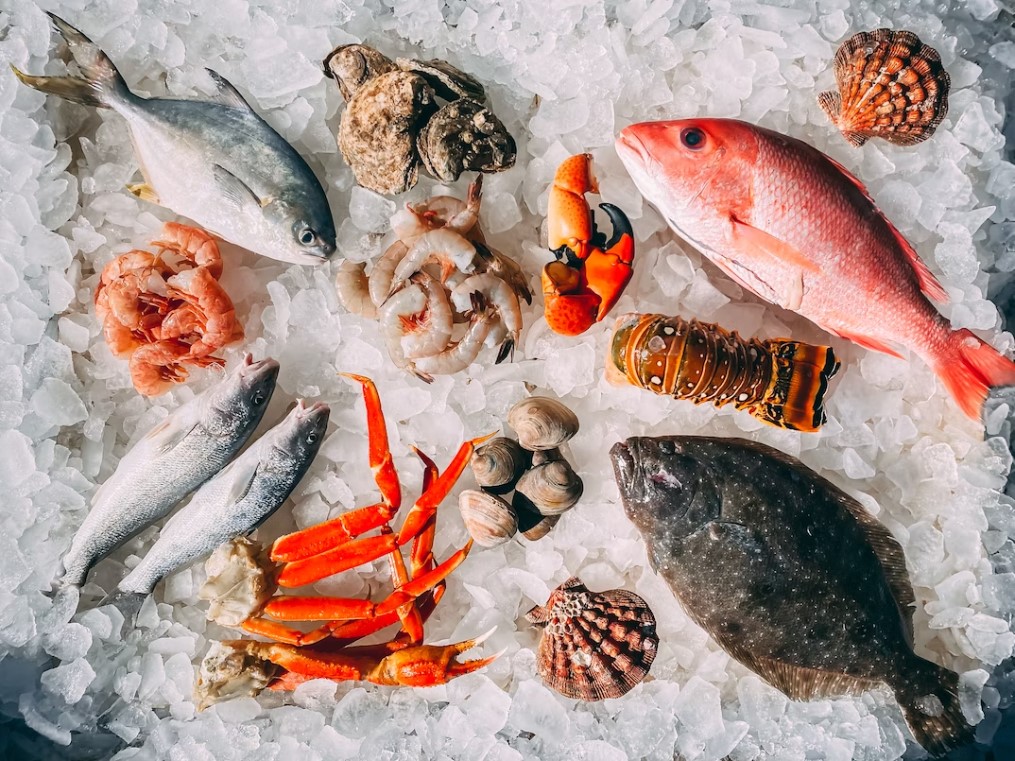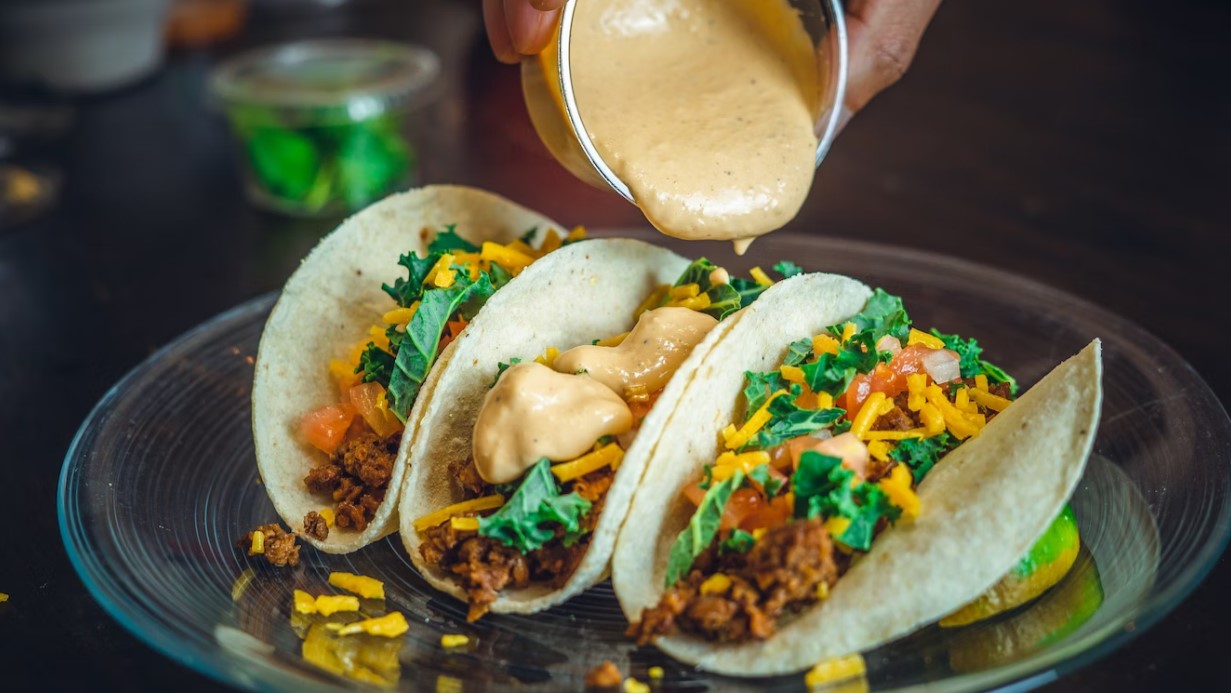Trade Mark Cases
On this page, we link to case summaries featuring some of the most notorious trade mark disputes in history. These summaries provide valuable insights into landmark rulings, legal precedents, and strategies employed by brand owners and their opponents.

Watson as Trustee for the Watson Family Trust v Cosmetic Warriors Ltd [2022] FCA 700
In Watson as Trustee for the Watson Family Trust v Cosmetic Warriors Ltd [2022] FCA 700 (‘Watson’) it was held that the use of the relevant trade mark was used by the appellants entities as an authorised user, and not the appellant himself who was actually the registered owner of the mark.

Self Care IP Holdings Pty Ltd v Allergan Australia Pty Ltd [2023] HCA 8 (Botox v Protox)
Allergan, the manufacturer of Botox, filed a lawsuit against Self Care for alleged trademark infringement. The court allowed Self Care’s appeal and dismissed the case, ruling that Self Care’s use of the phrases “instant Botox® alternative” and PROTOX did not infringe Allergan’s BOTOX mark.
![rodney jane racing pty ltd v monster energy company [2019] FCA 923 rodney jane racing pty ltd v monster energy company [2019] FCA 923 - trade mark case](https://progressivelegal.com.au/wp-content/uploads/2024/08/rodney-jane-racing-pty-ltd-v-monster-energy-company-2019-FCA-923.jpg)
Rodney Jane Racing Pty Ltd v Monster Energy Company [2019] FCA 923
Rodney Jane Racing Pty Ltd (RJR) applied for three trade marks containing the word “Monster” for alloy wheels. Monster Energy Company (MEC) opposed it. The registration of RJR’s marks was successfully opposed by MEC, as the registrar determined that their use could lead to confusion.

Trident Seafoods Corporation v Trident Foods Pty Ltd [2019] FCAFC 100
Trident Foods owns trademarks for the TRIDENT brand for meat and fish products. Trident Seafoods sought to register a similar logo but was blocked. They filed a non-use application against Trident Foods, which started using the mark on seafood products.

Pham Global Pty Ltd v Insight Clinical Imaging Pty Ltd [2017] FCAFC 83
Both Insight Clinical Imaging’s (ICI) registered trade mark, and IR’s application for registration of its mark were identified in the relevant services as within class 44 for radiological services. The parties’ respective trade marks each used the word ‘insight’ and a circular eye device. Find out more about this intriguing case.
![Brick Lane Brewing Co Pty Ltd v Torquay Beverage Co Pty Ltd [2023] FCA 66 Brick Lane Brewing Co Pty Ltd](https://progressivelegal.com.au/wp-content/uploads/2023/07/Brick-Lane-Brewing-Co-Pty-Ltd-v-Torquay-Beverage-Co-Pty-Ltd-2023-FCA-66.png)
Brick Lane Brewing Co Pty Ltd v Torquay Beverage Co Pty Ltd [2023] FCA 66
Brick Lane Brewing Co Pty Ltd (Brick Lane), is a brewing company that has sold beer since 2017. Brick Lane announced a new no and low-alcohol beer range in 2021. In August 2021, Torquay Beverage Company Pty Ltd announced that it had partnered with Mighty Craft Ltd, to form the second respondent, Better Beer Company Pty Ltd.
![Goodman Fielder Pte Ltd v Conga Foods Pty Ltd ([2020] FCA 1808) [La Famiglia case]](https://progressivelegal.com.au/wp-content/uploads/2023/07/Goodman-Fielder-Pte-Ltd-v-Conga-Foods-Pty-Ltd-2020-FCA-1808-La-Famiglia-case.jpg)
Goodman Fielder Pte Ltd v Conga Foods Pty Ltd ([2020] FCA 1808) [La Famiglia case]
Goodman Fielder Pte Ltd, an Australian manufacturer, owns La Famiglia Fine Foods Pty Ltd, which produces and sells various bread products; they claimed that Conga Foods Pty Ltd, an Australian grocery company, infringed on their registered trademarks ‘LA FAMIGLIA’ and ‘LA FAMIGLIA KITCHEN’ in Class 30, while the respondents denied infringement and raised issues of distinctiveness and non-use.

Taco Tuesday Trade Mark Battle
The controversy is centred on the argument that the phrase, ‘Taco Tuesday’, has become so commonly used and associated with taco-related activities that it should be considered a generic term and not subject to exclusive trademark protection.

Admissibility of Evidence from Wayback Machine in Intellectual Property matters
In today’s digital age, the preservation of web content has become increasingly prevalent in the legal system. The World Wide Web is a place where information is constantly being created, modified, and removed.

Anton Piller Orders
In the world of legal proceedings, the need to preserve and secure crucial evidence is paramount to ensuring a fair and just trial. To address situations where evidence could be destroyed, removed, or concealed, the legal system has established a mechanism known as an Anton Piller order.

Colorado Group Ltd v Strandbags Group Pty Ltd [2007] FCAFC 184
This case concerns the concurrent use of the trade mark, ‘Colorado’ on certain goods including backpacks, handbags, purses, and wallets by two retail groups. Learn more about this intriguing trade mark case.

Swancom Pty Ltd v The Jazz Corner Hotel Pty Ltd [2022] FCAFC 157
In this case summary, Swancom Pty Ltd, the owner of ‘The Corner Hotel’ in Melbourne, held trade marks containing the term ‘Corner.’ The Ubertas Group owned three businesses, ‘The Jazz Corner Hotel,’ ‘Bird’s Basement,’ and ‘The Jazz Corner Café,’ located in the same building.

Accor Australia & New Zealand Hospitality Pty Ltd v Liv Pty Ltd (‘Accor’)
Cairns Harbour Lights Pty Ltd (CHL) constructed and managed apartments in the Harbour Lights residential area. The area had both long-term and short-term rental apartments. CHL secured domain names related to “Harbour Lights” and “Cairns Harbour Lights.” They gave Mirvac Hotels Pty Ltd the rights to manage the apartments and use the related domain names.

Dick Smith Investments Pty Ltd v Ramsey [2016] FCA 939
Dick Smith Investments Pty Ltd (Dick Smith), is a company that promotes and sells different Australian-made food products. In 1999, Dick Smith applied to trade mark the name “OZEMITE” to use it for a spread similar to Vegemite. Discover the immense sequence of events that followed and why this is a notorious trade mark case.

In-N-Out Burgers, Inc v Hashtag Burgers Pty Ltd [2020] FCA 193
In-N-Out Burgers, Inc., also known as In-N-Out, is a well-known fast food chain that was established in the United States in 1948. It has since accumulated vast popularity and made a name for itself on an international level. Discover its notorious trade mark case.

Discovery Holiday Parks Pty Ltd v G’day Baby Pty Ltd 2023 ATMO 4
A trademark dispute between vacation park services and baby clothing entities. The case examines the breach of s 44 and s 60 of the Trade Marks Act 1995. The decision analyses priority dates, similarity of goods, likelihood of confusion due to ‘G’DAY’ element, and limited reputation of the Opponent’s Marks.

Ward Group Pty Ltd v Brodie & Stone Plc [2005] FCA 471 (“Ward”)
In Ward, the Federal Court of Australia held, among other things, that where claims of trade mark infringement and passing off are being claimed in relation to foreign based websites, these websites must specifically target Australian customers in order for the allegedly infringing conduct to be considered trade mark infringement and / or passing off for the purposes of Australian law.

Korolak v Campbell (No 2) [2023] FedCFamC2G 1222
Koralak is a recent Federal Court decision which considers a wide range of issues, in particular, the use of the words “Financial Foreplay” in relation to podcasts distributed by the Respondent and whether such use amounted to trade mark infringement, breaches of the Australian Consumer Law and tort of passing off.



